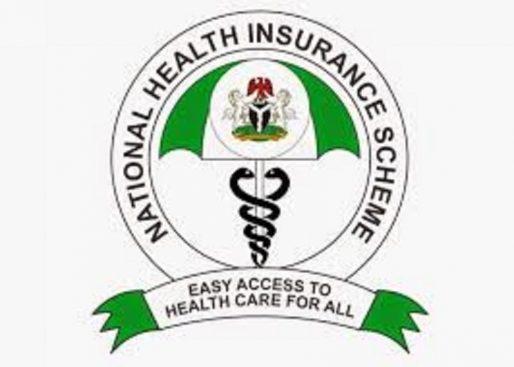A breakdown showed that Edo received N301 million, Katsina N636 million, Yobe N270 million, Delta N394 million, Lagos N672 million, and Adamawa N342 million. Others are Kano N948 million, Anambra N338 million, Imo N301 million, Kaduna N552 million, Bauchi N530 million, Bayelsa N116 million, Ebonyi N230 million, Oyo N449 million, Plateau N337 million and FCT N118 million.
He described Universal Health Coverage (UHC) as a top priority on the global agenda and an integral part of the Sustainable Development Goals (SDGs), which many nations, including Nigeria, were pursuing vigorously for the benefit of their citizens.
Ehanire recalled that the Federal Government in 2014 signed the National Health Act into law, in response to poor health outcomes, adding that the legislation provided for the earmarking of not less than one percent of the consolidated revenue of the Federal Government to improve the health of Nigerians.
He regretted that the fund was not appropriated for the implementation of the program until 2018.
The minister explained that the BHCPF was to be administered through three gateways namely the NHIS, the National Primary Healthcare Development Agency (NPHCDA) and the Federal Ministry of Health. According to him, the NHIS, through the states’ health insurance schemes, will purchase a basic minimum package of healthcare services for all participating Nigerians.
He commended the Executive Secretary of NHIS, Prof. Mohammed Sambo, for initiating the necessary reforms to reposition the scheme and ensure accountability and transparency in the BHCPF disbursement process. Earlier, Sambo had noted that the disbursement of the fund would help bring healthcare within the reach of otherwise indigent and vulnerable citizens and boost the march towards UHC.
Source: Guardian

 The Federal Government has released N15 billion to the National Health Insurance Scheme (NHIS) from the Basic Healthcare Provision Fund (BHCPF). Out of the amount, about N6.5 billion would be disbursed through the NHIS gateway to15 states that have met the eligibility criteria as at February 2019 and the Federal Capital Territory (FCT).
The Federal Government has released N15 billion to the National Health Insurance Scheme (NHIS) from the Basic Healthcare Provision Fund (BHCPF). Out of the amount, about N6.5 billion would be disbursed through the NHIS gateway to15 states that have met the eligibility criteria as at February 2019 and the Federal Capital Territory (FCT).




